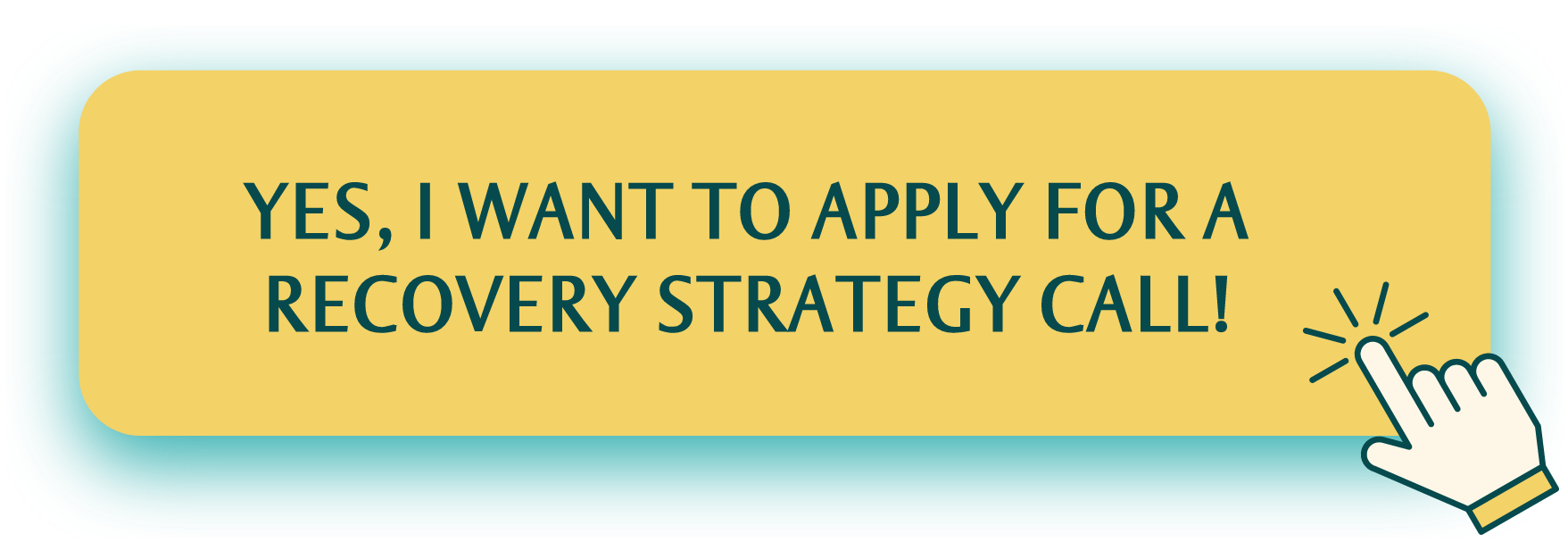I believe that you possess the ability to change, to reach full recovery and to live a life of freedom that’s extraordinary.
You’re reading this page for a reason. You’re living with an eating disorder and you’ve realised (maybe recently, maybe a long time ago) that this isn’t how you want to spend the rest of your life. Whatever benefit the eating disorder did or does provide has dwindled and you’re becoming more and more aware of the high cost you are paying for it.
Eating disorders are anxiety disorders
Anxiety disorders are about avoidance. Avoidance of certain thoughts, feelings, sensations, memories, and situations. And the more you avoid something, the more this anxiety grows.
The antidote to this is exposure: making changes so you learn that the things you fear aren’t a threat. It’s time for you to move beyond simply learning more recovery information and onto actually taking action. And I can help you do this in the quickest and most effective way.
Beyond just food and exercise
Recovery is more than just about changing habits connected to food or exercise. It’s creating a life that isn’t governed by fear, rigidity and comparison.
So, while our work together focuses on food, body image, exercise, and many things we commonly think about connected to recovery, it goes much deeper than just this. I take a multi-pronged approach that teaches life-enhancing practices that are used well after the eating disorder is gone.
Which of these apply to you?
- You’re terrified of gaining weight
- You’re limited in the types of safe foods you’ll eat and each day is a carbon copy of the previous
- You count and recount everything you eat
- Eating out of the house or receiving an invite from a friend for a spontaneous dinner is your idea of hell
- You exercise even when you’re exhausted and injured
- You haven’t had a period in years (or decades)
- You’re always cold, regularly using blankets and hot water bottles but they barely help
- You’re digestion is temperamental at best, and you fear making changes and it getting worse
- You have trouble sleeping and are up multiple times a night to pee
- You’ve received a diagnosis of osteopenia or osteoporosis
- The number on the scale, clothes feeling tight, seeing your reflection in a mirror or having a photo taken can derail your day (week or month)
- Your life is smaller than it used to be
- You regularly feel isolated and alone
- Being still is torturous and it’s hard to be present and in the moment
- You struggle to concentrate (reading a book can be a nightmare, as you re-read the same paragraph repeatedly before giving up)
- You have limited (if any) ways of coping outside of the eating disorder
- Life lacks any real joy, fun, or laughter, more likely filled with anxiety and panic
- The eating disorder has become part of your identity
So, how many of these apply to you? Whether it’s a few, many or most, the more important question to ask yourself is: Do I want to continue living my life like this?
If the answer is no, I’d love to show you how things can be different.
The Transformational Recovery Method ™
After working with clients for over 15 years I have identified the three areas that determine the success of recovery.
When recovery has stalled, or worse, a relapse is happening, it’s because of one (or at least one) of these areas. And when things are improving and there is an “upward spiral,” it’s also because of one (or at least one) of these areas.
In fact, everything that I work on with clients is focused on these three things.
What’s so helpful about the Transformational Recovery Method ™ is that it simplifies the process of recovery. It guides you through a process and framework that cuts through the complexity and the overwhelm and the “what if” thinking. Rather than feeling confused and overwhelmed, it now makes sense.
The best part? It teaches you skills that will last the rest of your life. This isn’t just about “recovery;” it’s about creating a life that is in alignment with your values and having the resilience to deal with whatever arises.
Pain and uncertainty are a given in this life, so rather than trying to avoid these things (which is an impossibility), you’ll discover how to thrive even when these things are present.
Over the years, I’ve discovered the importance of community in recovery. Secrecy, isolation and shame are hallmarks of eating disorders. So rather than simply doing private sessions, all my coaching now combines a combination of one-on-one as well as group coaching and support.
Getting the support you need and deserve
I believe that full recovery is possible. For everyone. And because of this belief and the desire to make it a reality, I give my full energy, attention and focus to each client I work with. This means my services are limited to a small number of people at any one time.
In fact, I will only take you on as a client if I am sure that our work together will lead to lasting results for you: an improvement in your health and symptoms, a peaceful relationship with food and your body, a life that’s in alignment with your values, and the ability to take action and be resilient in the face of challenges.
In other words, results that will last for the rest of your life.
So, are YOU ready to fully recover?
I offer a free Recovery Strategy Call to find out if we’re a good fit. This allows me to find out more about you and what’s going on and for me to explain the Transformational Recovery Method ™.

